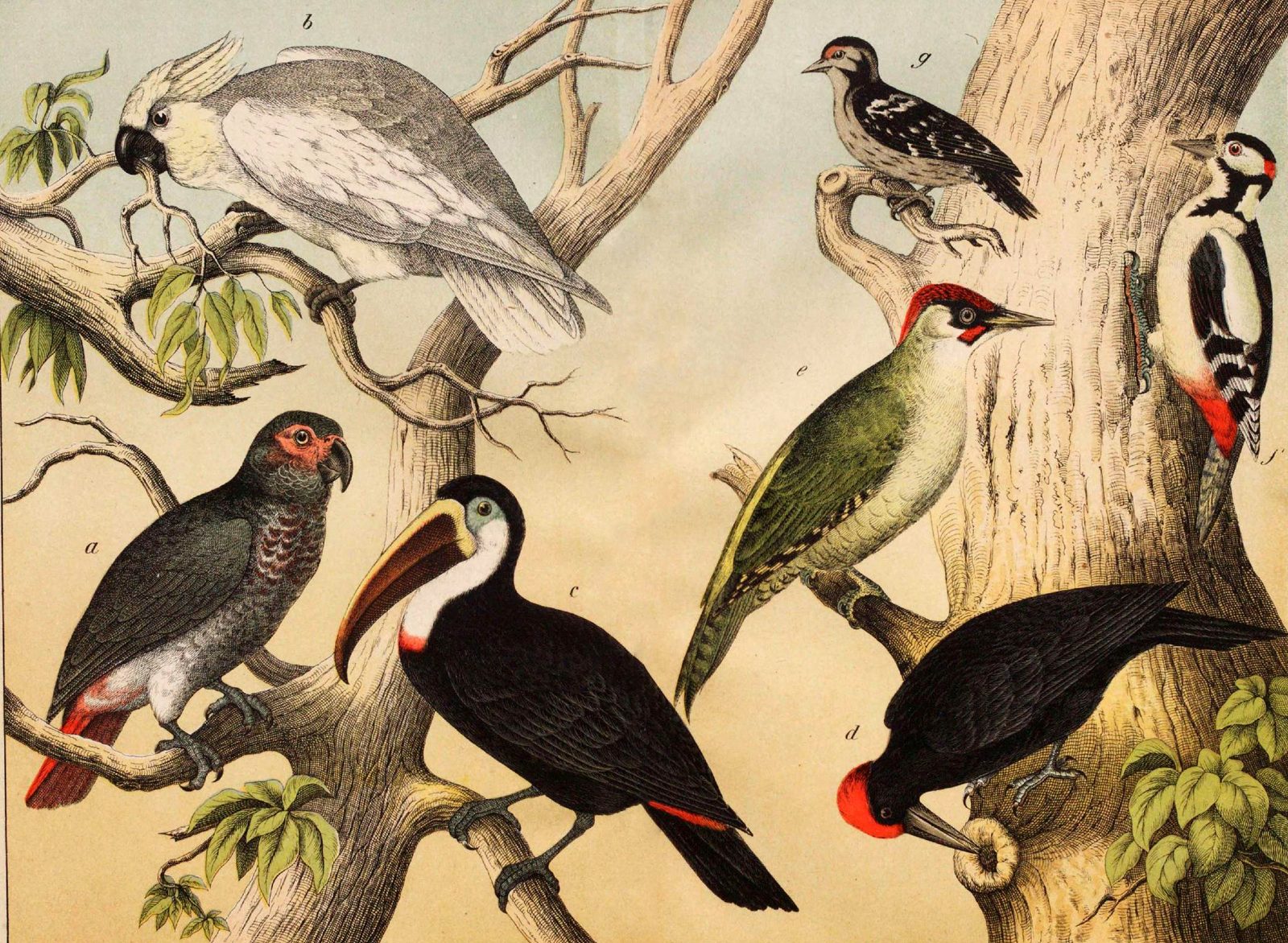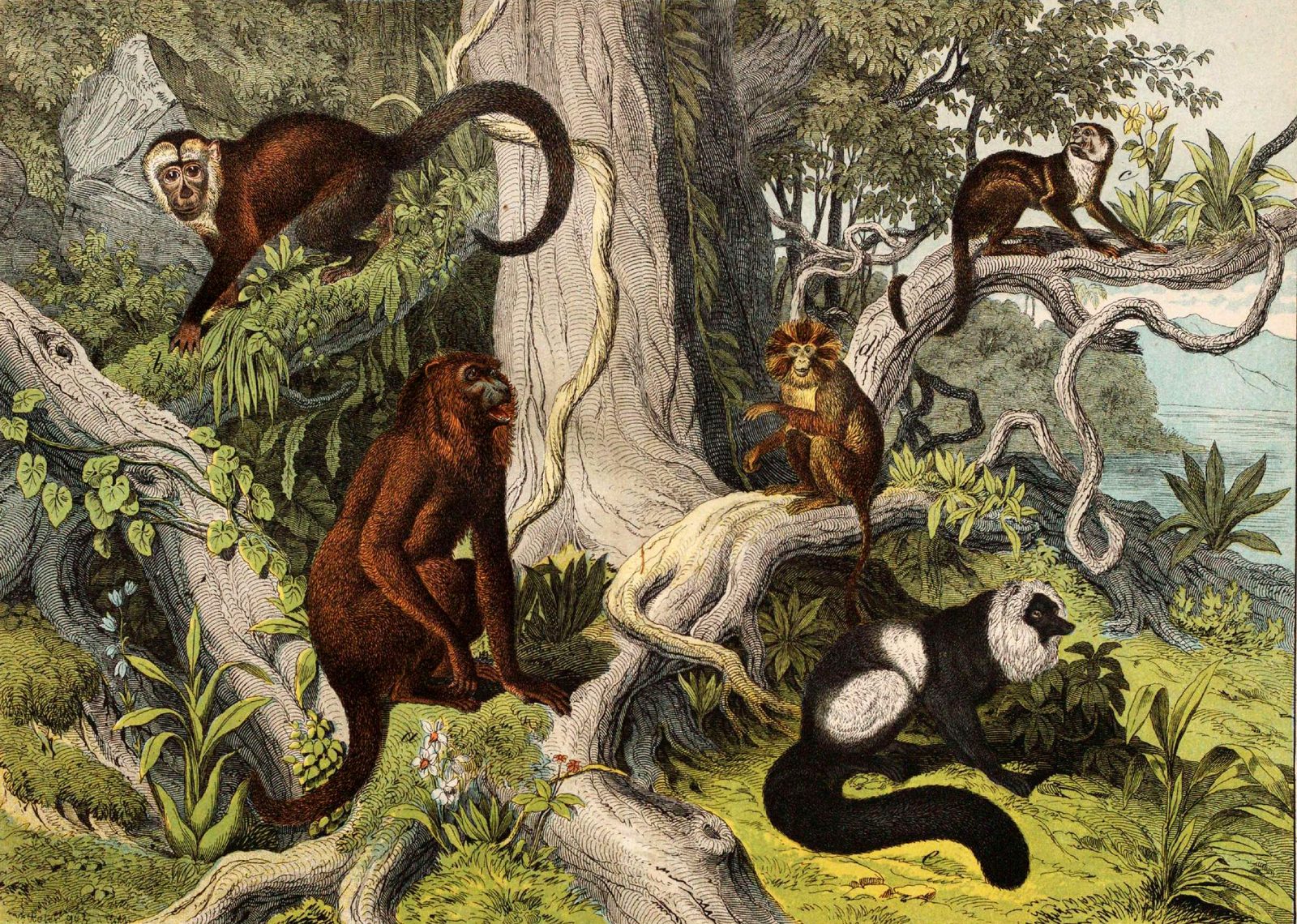


New Book on Thomas Reid’s Common Sense Design Philosophy

Richard Weikart on Darwinian Racism, Eugenics, and Slavery

Richard Weikart on How Darwinism Fueled Scientific Racism

James Tour and Stephen Meyer on the Origin of Life, Pt. 2
On this episode of ID the Future, James M. Tour and Stephen C. Meyer begin a discussion about the hard problems facing researchers trying to discover how the first life could have come about naturalistically. Meyer is the director of the Center for Science and Culture; Tour is a world-renowned synthetic organic chemist with over 700 research publications and multiple major recognitions, including TheBestSchools.org naming him one of the 50 most influential scientists in the world today. Though he doesn’t sign on to ID theory, he says he’s sympathetic with the idea, and certainly not impressed with any naturalistic explanations for the origin of life. In this first of a three-part series, they explore problems ranging from the extreme improbabilities associated with protein assembly, to what precisely has gone missing in the nanosecond when a cell dies. The episode is excerpted from a longer interview Dr. Tour conducted with Meyer as part of his excellent new video series The Science & Faith Podcast: Follow the Evidence.

The Magician’s Twin: C.S. Lewis and the Case Against Scientism, Pt. 2

The Magician’s Twin: C. S. Lewis and the Case Against Scientism, Pt. 1
On this episode of ID the Future, we recognize the 75th anniversary this month of the publication of C. S. Lewis’s prophetic science fiction novel That Hideous Strength, with the first slightly abridged part of John West’s documentary The Magician’s Twin: C. S. Lewis and the Case Against Scientism. Several scholars were interviewed for the film, including Jay Richards, Angus Menuge, Victor Reppert, John West, and Michael Aeschliman. Scientism is the idea that science is the ultimate path to knowledge and wisdom — the only sure path — and that the spiritual realm is a mirage. Lewis never criticized science, only scientism, the abuse of science that bears an unexpected twinship with magic.

In a Nutshell: Three Great Problems for Evolution
On this episode of ID the Future, Andrew McDiarmid continues his conversation with Robert Waltzer, chair of the department of biology at Belhaven University and co-author of Evolution and Intelligent Design in a Nutshell, on three big problems faced by naturalistic evolutionary theory. First, it appears that science has turned up several instances of what is known as irreducible complexity, something that Darwin himself said would falsify his theory if ever discovered. Second, various proposed “trees of life” conflict with each other, a problem that has grown worse as additional evidence and methods have arisen, a trend that makes theories of common descent difficult to sustain. And third, we know of no case where information is generated or improved without intelligent action behind it. Evolutionists still hold on to their theories, but why are they not more open at least to debate and criticism? Professor Waltzer suggests multiple possibilities.

Design in a Naturalistic Culture
On this episode of ID the Future, philosopher of science Paul Nelson speaks with host Andrew McDiarmid about pursuing intelligent design theory in a naturalistic culture. Nelson springboards from his appreciation for his University of Pittsburgh mentor Adolf Grünbaum, with whom he shared the kind of friendship that can come from caring deeply about the same things, even if taking different positions on them. He speaks of what it means to hold a minority position, and some of the potential pitfalls that come with holding a majority position — and the danger we can all face of seeking polemical advantage rather than truth.

New ID Book Zeroes in on Evolution’s Zero-Probability Problem
On this episode of ID the Future, Andrew McDiarmid concludes his conversation with Eric Anderson, one of the co-authors of the new Discovery Institute Press book Evolution and Intelligent Design in a Nutshell. Today they talk about Anderson’s second of two chapters in the book, where he explores the challenges of building a self-replicating 3D printer, and the light this sheds on the origin-of-life community’s search for their Holy Grail, a self-reproducing molecule that could have kickstarted the evolutionary process on the early earth. In their conversation, Anderson suggests that there are engineering principles involved in the origin of life that may mean that a naturalistic origin of life is less like winning a long-odds lottery, and more like the chances of an inventor successfully building a perpetual motion machine. That is, it isn’t just a tough probability problem; there are reasons for concluding that it’s impossible in principle. Also, Anderson notes, the early Earth wasn’t the kinder, gentler place for simple self-replicators that Darwin or Dawkins has imagined.